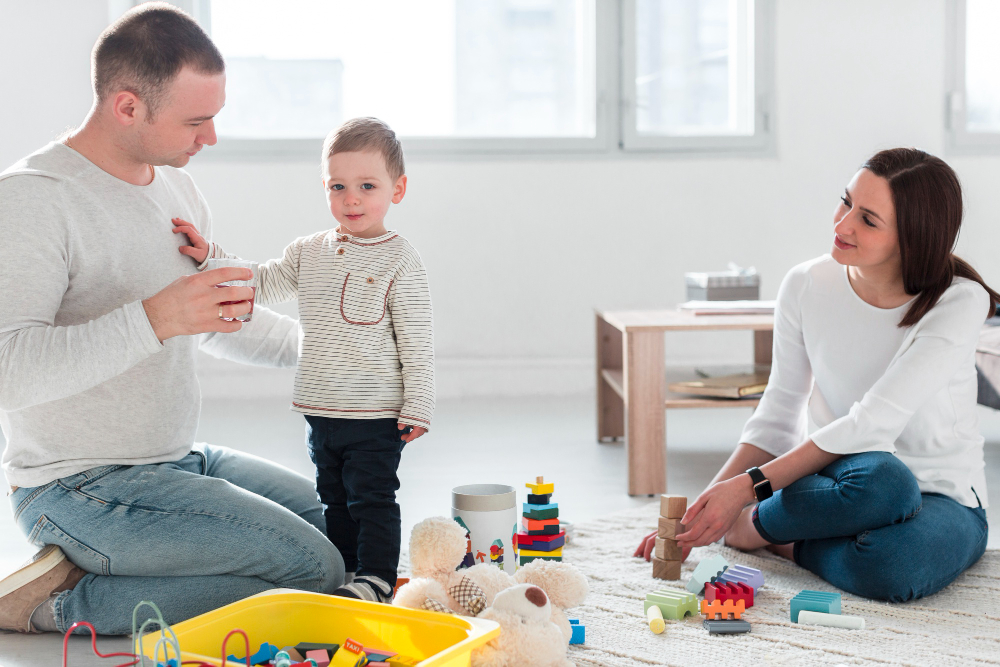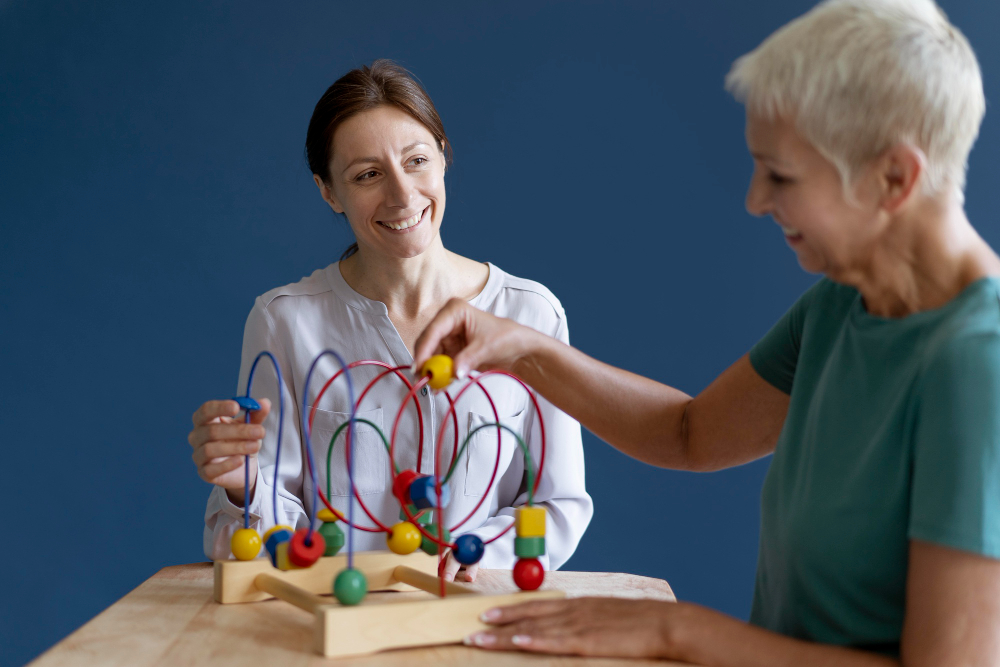5 Tips to Practice Speech Therapy at Home
Training people with speech and language problems is not an easy task. You need patience and practice in order to help your loved ones communicate with you in a better manner.
When should they be Taken to a Speech-Language Pathologist?
If you notice that your child is unable to respond to sounds and simple gestures, and is unable to vocalise his or her thoughts, he/she should immediately be taken to a speech-language pathologist. The sooner the better.
How Can You Practice Speech Therapy At Home?
You can help your child in learning speech and language at home. Make sure that, if you find out that your child has a speech or language problem, you do not blame him and utter words of mockery, instead practise activities for speech therapy at home. This is a smarter choice. Try finding speech and language to do at home, while keeping in mind these 5 tips for practising at home speech therapy.
-
Speak to Your Child as much as Possible
Talk to your child, with small actions, short words, and gestures that can easily be understood. Move your lips slowly and wait for your child to respond to them. Establish two-way communication to help make your child feel a part of a conversation. This will motivate your child more than you can imagine and is a basic requirement for speech therapy at home activities.
-
Use Simple and Short Words to speak to your Child
Remember to never forget that your child is still at the most basic level of communication and needs time and practise to learn further speech or language. When you are talking to them, use simple and short words, at the same time, making sure that they repeat those words after you. You can use words like- mum, dad, apple, mango, kite, fly, sit, stand, up, down, etc.
-
Keep Your Child Away from Mobile and TV
Using mobile phones or having the TV turned on while you are trying to have a conversation with your child hampers their attention because they find TV and mobile screens and their sounds more attractive than what is being spoken to them.
-
Point to an Object or Word in front of your Child
Always try to find an object or word that is easy to comprehend and repeat it again and again while pointing towards it in front of your child. This will help your child in learning new words everyday. For example, you can point towards an apple and say the word ‘apple’ again and again until your child is able to speak that word himself or herself.
-
Use a Mirror for your Child
When you put a mirror in front of your child while he or she tries to speak and practise language, it makes their learning process fun and exciting. Moreover, they are able to observe their mouth movements as they try to speak which helps them learn new words faster.
This was it for this blog. Make sure to follow these 5 tips while practising speech therapy exercises at home.





